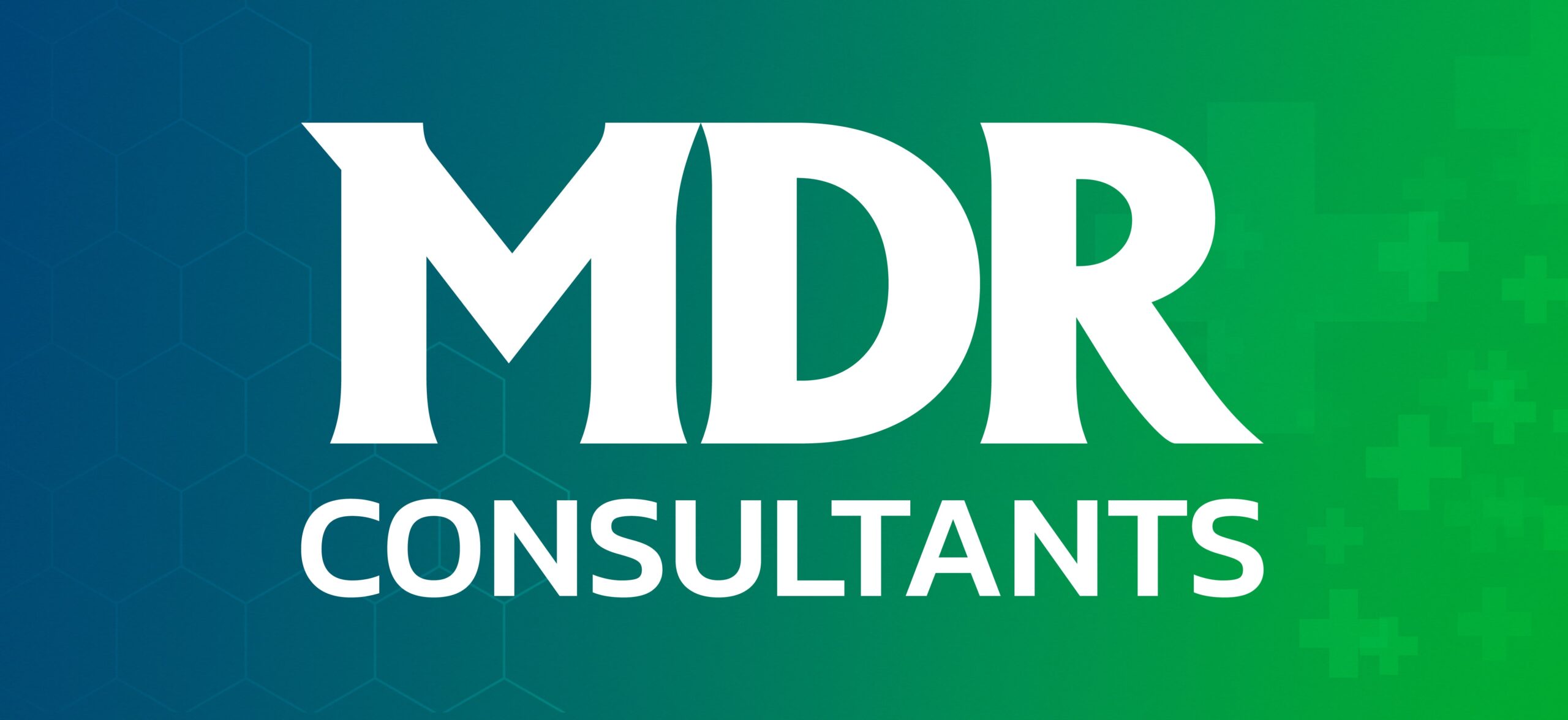Quick Links

Medical Device Regulatory Consultants
37-38, 1st Floor, Near Makhan Bhog,
G.T. Road, Kundli Industrial Area,
Delhi NCR, 131028
Contact Info
- +91 93064 68090
- +91 93505 67270
- executive.mdr2@gmail.com
- mdrconsultants.in@gmail.com
- executive.ash@gmail.com